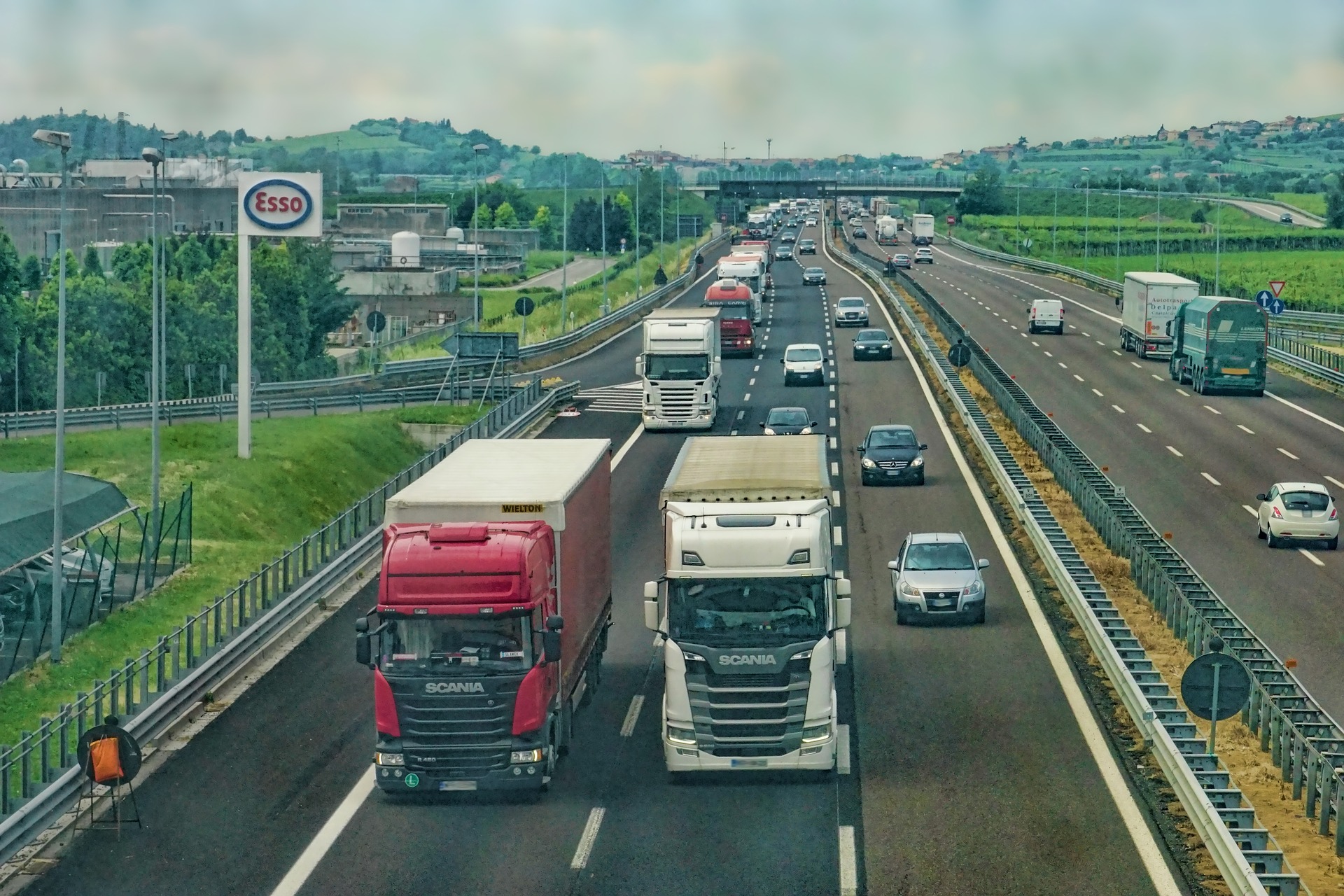The European Parliament has reached a provisional agreement on a regulation for the type-approval of motor vehicles and engines, and of systems, components and separate technical units intended for such vehicles, for their emissions and battery durability, better known as Euro 7.
The provisional agreement reached yesterday will maintain the Euro 6 emission limits for cars and vans, but lower the limits for buses and lorries. It also introduces limits on particles emitted by brakes (particularly in electric vehicles) and durability requirements.
Euro 7 regulation plans in a nutshell
The Euro 7 regulation establishes rules for the exhaust gas emissions of road vehicles, but also for other types of emissions such as tyre abrasion and brake particle emissions. It also sets limits for battery durability.
The new legislation replaces the previously separate emissions rules for cars and vans (Euro 6) and lorries and buses (Euro VI).
- Exhaust emission limits: the provisional agreement reached yesterday maintains the existing Euro 6 exhaust emission limits for cars and vans. However, the agreement limits the emission of solid particles with a diameter starting from 10 nm (PN10), instead of 23 nm as in Euro 6.
- Exhaust emission for buses and trucks: in the case of heavy-duty buses and trucks, the deal establishes more stringent limits for various pollutants, including for pollutants that were not regulated in Euro VI, such as nitrous oxide (N2O).
- Limits for braking emissions: the compromise text for cars and vans, a specific limit of 3 mg/km in the standard driving cycle for pure electric vehicles and 7 mg/km for all the rest of the powertrains.
Specific limits for heavy vans are included in the agreement, namely 5 mg/km for pure electric vehicles and 11 mg/km for other powertrains. - Lifetime requirements: the co-legislators introduced stricter lifetime requirements for all vehicles in terms of both mileage and lifetimes; that now goes up to 200,000 km or 10 years for cars and vans.
Application dates
The deal foresees different dates of application after the regulation enters into force:
- 30 months for new types of cars and vans, and 42 months for new vehicles
- 48 months for new types of buses, trucks and trailers, and 60 months for new vehicles
- 30 months for new systems, components, or separate technical units to be fitted in cars and vans, and 48 months for those to be fitted in buses, trucks, and trailers.
However, yesterday’s agreement must still be voted on by the European Parliament and by Environment Ministers before entering into force.
Car lobby is back with ‘Euro 7’ deal to freeze air pollution limits, rages T&E
New cars would be almost no cleaner than under the Euro 6 standard agreed for 2014, stresses NGO Transport & Environment (T&E) in its reaction to the European Parliament’s announcement.
T&E called on the European Parliament to reject the deal “which would allow carmakers to greenwash new vehicles as ‘Euro 7’ despite being virtually no cleaner than under the ‘Euro 6’ standard agreed in 2014”, the organisation says.
Lucien Mathieu, cars director at T&E, said:
“The car lobby is back in control after a few years in the wilderness following Dieselgate. The Euro 7 standard agreed by lawmakers will allow car companies to greenwash vehicles that are virtually no cleaner. The European Parliament has a final chance to say no to this shameless capitulation to the auto industry.”
ACEA: “industry welcomes planning certainty but flags technical and investment challenges”
The European Automobile Manufacturers’ Association (ACEA) has also taken note of yesterday’s Euro 7 trilogue agreement:
“Although we will only understand the full details once we can assess the entire document, we note that the inter-institutional negotiators have principally opted to prioritise future-oriented challenges, such as light-duty vehicle brake emissions and electric vehicle battery requirements. Exhaust emission limits and test procedures for heavy-duty vehicles were significantly tightened as well,” stated Sigrid de Vries, ACEA Director General.
The organisation adds that it is now counting on the support of the European Commission to deliver robust secondary legislation as quickly as possible to ensure sufficient lead times.









